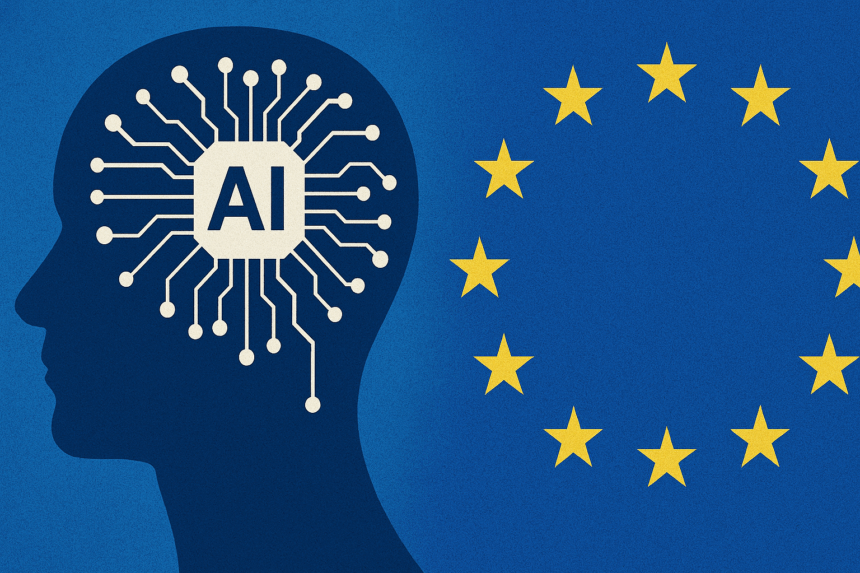The European AI community is facing a growing set of challenges that are slowing down its ability to leverage the full potential of artificial intelligence. Despite Europe’s advancements in AI and its leadership in AI regulations, persistent issues have prevented the continent from staying competitive. AI deficiencies, including fragmented policies, delays in implementing key rules, and skills gaps, hinder Europe’s overall progress in becoming a global AI leader. TF explores the roadblocks plaguing the AI community and what it means for future European AI development.
What’s Happening & Why This Matters
While Europe has made impressive strides in AI regulation, its efforts have not been fully implemented, and progress has been uneven across EU member states. The AI Act, which was designed to provide a comprehensive regulatory framework for AI technologies, has yet to be fully enforced in several countries. Italy and Hungary, for example, have missed key deadlines for appointing the fundamental rights bodies necessary for implementing the AI Act. These delays create a fragmented AI policy across Europe, leading to inefficiencies and a lack of cohesive AI governance.
At the same time, AI-powered solutions are gaining traction worldwide, especially in the United States and China, where regulations and market conditions have allowed companies to scale their AI capabilities rapidly. Europe’s struggle to keep up with regulatory deadlines and the slow pace of AI adoption in many countries places it at risk of losing its competitive edge.
Another critical issue in the European AI ecosystem is the skills gap. While AI tools and technologies are transforming industries, there is a shortage of AI talent to support the development and deployment of these systems. This shortage, compounded by an inadequate education and training infrastructure, threatens Europe’s ability to harness AI innovations across various sectors. Governments and companies must invest in training programs, skills development, and talent retention to ensure the workforce is ready for the AI-driven future.
The AI Act provides a foundation for AI’s ethical and legal development. Still, its delayed implementation means that AI systems are being deployed without the necessary oversight to ensure they do not perpetuate biases, violate privacy rights, or operate without accountability. As AI tools become more embedded in industries like healthcare, finance, and education, ensuring they are developed and deployed responsibly is becoming more critical.
The fragmented policy, lack of regulatory bodies, and slow adoption of AI technology in Europe hinder economic progress and create a trust gap between the public and the companies developing AI tools. Without adequate regulation, citizens risk facing unintended consequences from unchecked AI deployment. The EU must accelerate its efforts to establish a clear, cohesive framework for AI to ensure ethical practices and safety as the technology expands.
TF Summary: What’s Next
The future of AI in Europe depends heavily on the successful implementation of the AI Act and the rapid development of AI talent. EU countries must work together to meet the AI Act’s deadlines and set up the oversight bodies responsible for ensuring compliance with its provisions. Additionally, addressing the skills gap through education and training initiatives will enable Europe to remain competitive in the global AI race.
As AI technologies advance, Europe must focus on regulation and creating an innovation-friendly environment. Governments, tech companies, and academia must collaborate to foster AI innovation while maintaining ethical standards. The race to develop AI solutions is global, and Europe must act quickly to avoid being left behind.
Europe’s approach to AI governance will serve as a model for other regions. If the EU successfully aligns its regulatory framework, it could lead the world in ethical AI development. The next few years will be critical for Europe to establish itself as a global leader in AI, not only in innovation but also responsible deployment.
— Text-to-Speech (TTS) provided by gspeech


